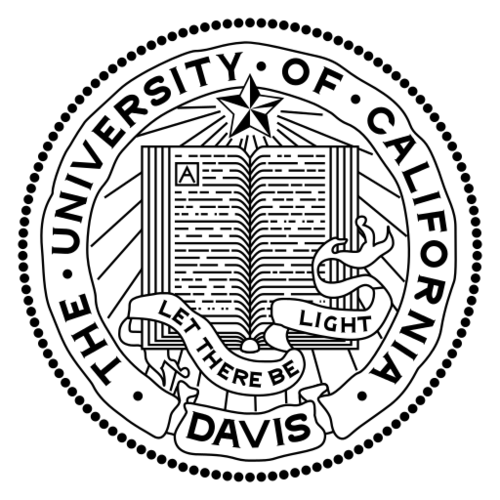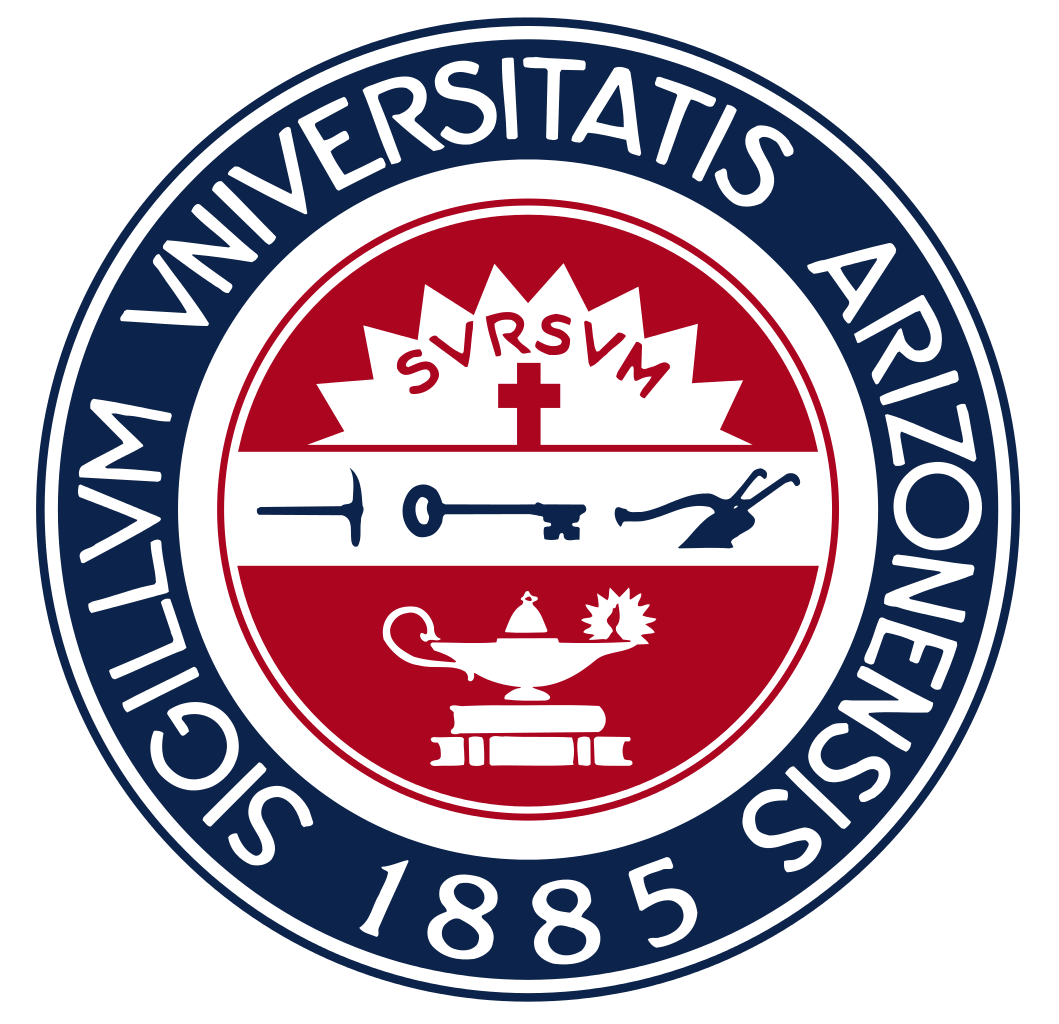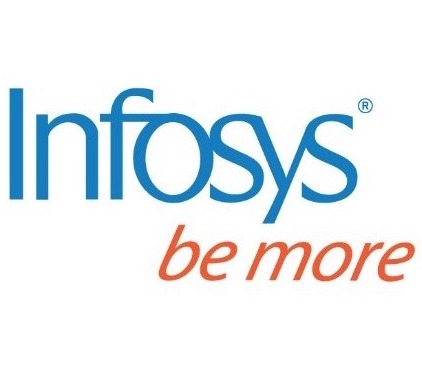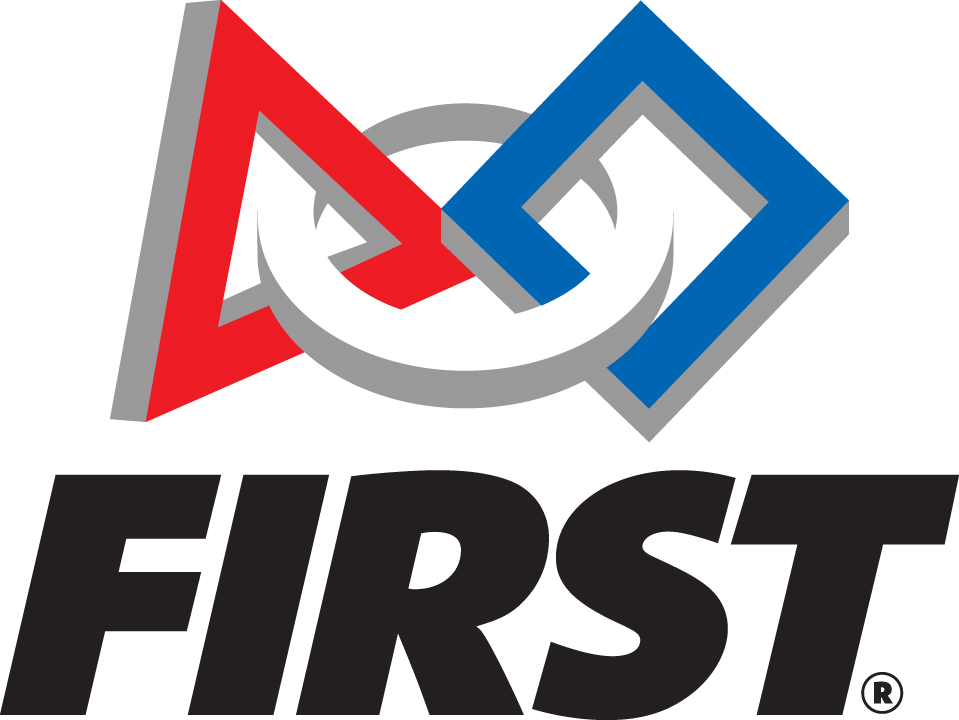Past Projects and Research
Village-Net Clustering: A Rapid approach to Non-linear Unsupervised Clustering of High-Dimensional Data
Winter 2025
Clustering large high-dimensional datasets with diverse variable is essential for extracting high-level latent information from these datasets. Here, we developed an unsupervised clustering algorithm, we call "Village-Net". Village-Net is specifically designed to effectively cluster high-dimension data without priori knowledge on the number of existing clusters. The algorithm operates in two phases: first, utilizing K-Means clustering, it divides the dataset into distinct subsets we refer to as "villages". Next, a weighted network is created, with each node representing a village, capturing their proximity relationships. To achieve optimal clustering, we process this network using a community detection algorithm called Walk-likelihood Community Finder (WLCF), a community detection algorithm developed by one of our team members. A salient feature of Village-Net Clustering is its ability to autonomously determine an optimal number of clusters for further analysis based on inherent characteristics of the data. We present extensive benchmarking on extant real-world datasets with known ground-truth labels to showcase its competitive performance, particularly in terms of the normalized mutual information (NMI) score, when compared to other state-of-the-art methods. The algorithm is computationally efficient, boasting a time complexity of O(N*k*d), where N signifies the number of instances, k represents the number of villages and d represents the dimension of the dataset, which makes it well suited for effectively handling large-scale datasets.
Read Paper
Alpha shapes and optimal transport on the sphere
Fall 2024
In "Alpha shapes in kernel density estimation," the authors used the Legendre transform to give a tractable method for studying Topological Data Analysis (TDA) in terms of
sums of Gaussian kernels. In this paper, we prove a variant for sums
of cosine similarity-based kernel functions, which requires considering
the more general “c-transform” from optimal transport theory [16].
We then apply these methods to a point cloud arising from a recent
breakthrough study, which exhibits a toroidal structure in the brain
activity of rats. A key part of this application is that the transport map and transformed density function arising from the theorem
replace certain delicate preprocessing steps related to density-based
denoising and subsampling.
Read Paper
DEGREES OF THE WASSERSTEIN DISTANCE TO SMALL
TORIC MODELS
May 2024
The study of the closest point(s) on a statistical model from a given
distribution in the probability simplex with respect to a fixed Wasserstein metric
gives rise to a polyhedral norm distance optimization problem. There are two
components to the complexity of determining the Wasserstein distance from a
data point to a model. One is the combinatorial complexity that is governed by
the combinatorics of the Lipschitz polytope of the finite metric to be used. Another
is the algebraic complexity, which is governed by the polar degrees of the Zariski
closure of the model. We find formulas for the polar degrees of rational normal
scrolls and graphical models whose underlying graphs are star trees. Also, the
polar degrees of the graphical models with four binary random variables where
the graphs are a path on four vertices and the four-cycle, as well as for small, nothree-way interaction models, were computed. We investigate the algebraic degree
of computing the Wasserstein distance to a small subset of these models. It was
observed that this algebraic degree is typically smaller than the corresponding polar
degree.
Read Paper
GRIPS: Furthering Flow SSM
Summer 2023
We survey the necessary architectural develops that lead to the development of FlowSSM [1]. We also engineer a sequence model to perform the integration of the identified flow trajectories surrounding a mean shape.
Read Paper
Access Code
Method and System of Providing Speech Rehearsal Assistance
Summer 2019
A method and system for speech rehearsal assistant during a presentation rehearsal includes receiving audio data from a speech rehearsal session over a network, receiving a transcript for the audio data, the transcript including a plurality of words spoken during the speech rehearsal session, calculating a real time speaking rate for the speech rehearsal session, determining if the speaking rate is within a threshold range, detecting utterance of a filler phrase or sound during the speech rehearsal session using at least in part a machine learning model trained for identifying filler phrases and sounds in a text, and upon determining the speaking rate falls outside the threshold range or detecting the utterance of the filler phrase or sound, enabling real time display of a notification on a display device.
Read Patent
Machine Learning Model-based Content Processing Framework
Spring 2019
A textual user input is received and a plurality of different text-to-content models are run on the textual user input. A selection system attempts to identify a suggested content item, based upon the outputs of the text-to-content models. The selection system first attempts to generate a completed suggestion based on outputs from a single text-to-content model. It then attempts to mix the outputs of the text-to-content models to obtain a completed content suggestion.
Read Patent
Archaeoacoustics Fieldwork for Aural Heritage Conservation Collaborative Distributed Sound-Sensing at Chavín de Huántar, Perú
Summer 2018
While working in an archeological site, I was given the opportunity to help aide in Archeo-accoustic research. Lot of fun!
Read Paper
Developing Remote Sensing Modules for Time-Sequencing Data
Summer 2018
Spent the summer working in an archeological site, developing remote sensing modules which are used to gather valuable data for archeological conservation.
Read Paper
USYMQR
Spring 2018
Supervised by Michael Saunders, Stephanie Sanchez and I worked to develop industry level code for Saunder's Modified USYMQR Algorithm for Julia.
Read Paper
Predicting Education Opportunity using Machine Learning
Spring 2018
We set out to build a model that, given satellite imagery and structured covariate data, is able to provide a reasonable estimate of the performance of a school district.
Read Paper
Reimaging Shallow Structure
Fall 2016
We perform smoothing over the raw velocity spectrum data, and then apply methods of unsupervised classification to emphasize features of nonuniformity. We then create a heuristic-driven graphical overlay for accelerating subsurface fault-line/mineral deposit identification based on reflection seismology.
Read Paper
Software Engineering Capstone - Human Interactable Table
Spring 2016
Implement an LED grid on top of your everyday coffee table. This grid is reconfigurable through a Bluetooth connected android device.
Read Paper
See Video
Huffman Code
Spring 2016
Create an implementation of Huffman Encoding for an arbitrary subset of ASCII characters. This implementation makes explicit use of data structures to ease processing.
Read Paper
Download Code
Honors Thesis - General Usage Remote Sensing Module
Fall 2015
My team was given the task of design a data acquisition module that is both versatile in its ability to collect different sensory data by alternating sensor units, while also being portable, particularly capable of fitting within the average pocket. The final module is also cost effective, estimated to cost a mere twenty US dollars in order produce a single module.
Read Paper
Parallel and Distributed Programming Final Project
Spring 2015
Developed a simple, collaborative editor in Java, using the command design pattern, that provided users the ability to edit the same document simultaneously.
Download Code









